January 17, 2025
What’s it like on an Oceana expedition? Q&A
At Oceana, our expeditions are about more than just exploration, they’re about filling crucial data gaps to drive meaningful change for our oceans. From remote underwater habitats to threatened coastal regions, Oceana’s at-sea expeditions have fuelled significant campaign victories around the world. But what’s it like on an Oceana expedition? We sat down with Ricardo Aguilar, a key member of Oceana’s expeditions team, to uncover the challenges, surprises, and unforgettable moments of life on an Oceana expedition.
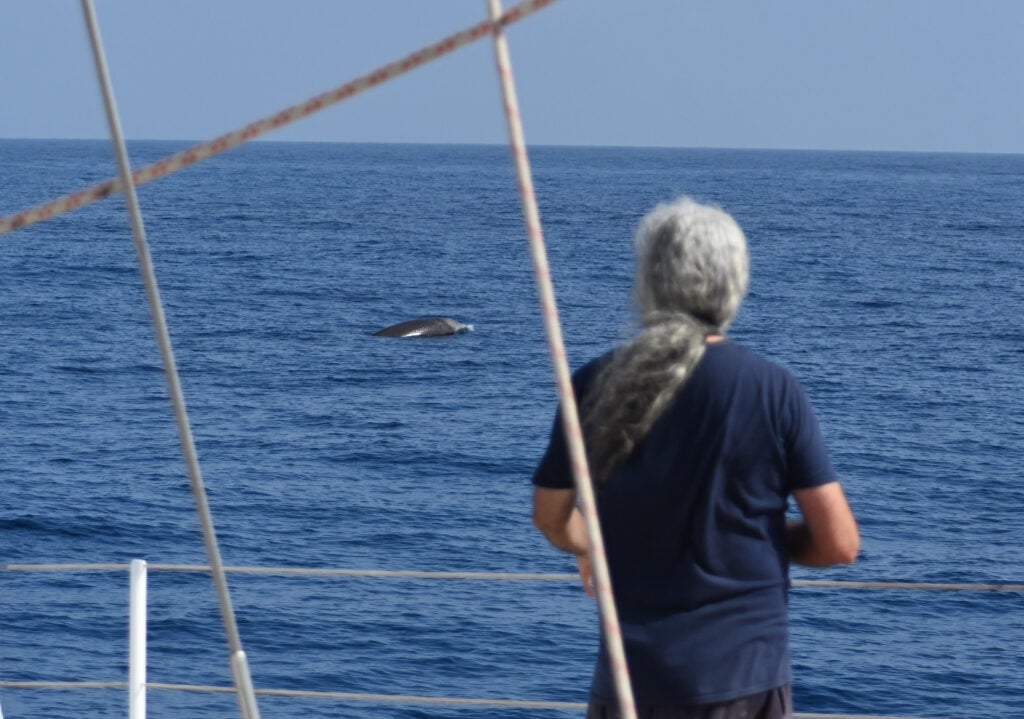
A lifelong connection to the Sea
“My connection to the sea began with my family,” Ricardo shares. “My grandfather was a sailor, and my grandmother’s brother was a fisherman. The ocean has always been part of my life.” But his journey to Oceana was about more than family ties.
“There’s a unique sense of adventure to the ocean. It’s one of the last truly undiscovered frontiers. Very few people get the chance to explore it,” he says. “When I started working in conservation, most efforts were focused on land, forests and terrestrial habitats. But the oceans needed attention too. I wanted to protect places no one else was thinking about.”
This drive led him from studying whales to exploring less-publicized marine habitats like coral reefs, seagrass meadows, and deep-sea sponges. “These ecosystems don’t get the same attention as larger, more charismatic species, but they’re just as vital to ocean health,” he adds.
The art and science of expedition planning
Behind every Oceana expedition lies months of meticulous preparation. Ricardo explains, “We start by working with campaign teams to determine their needs. Are we focusing on fisheries? Seabed mapping? Biodiversity hotspots? From there, we assemble the right tools and expertise, scientists, divers, ROV (remotely operated vehicle) operators, and sometimes even specialists from other NGOs.”
Safety is paramount. Every team member undergoes rigorous training, and detailed protocols cover everything from emergency procedures to satellite communication. “At sea, you rely on yourself and your crew,” Ricardo notes. “We’re prepared for everything from rough weather to encounters with floating debris, which can damage the boat or tangle propellers.”
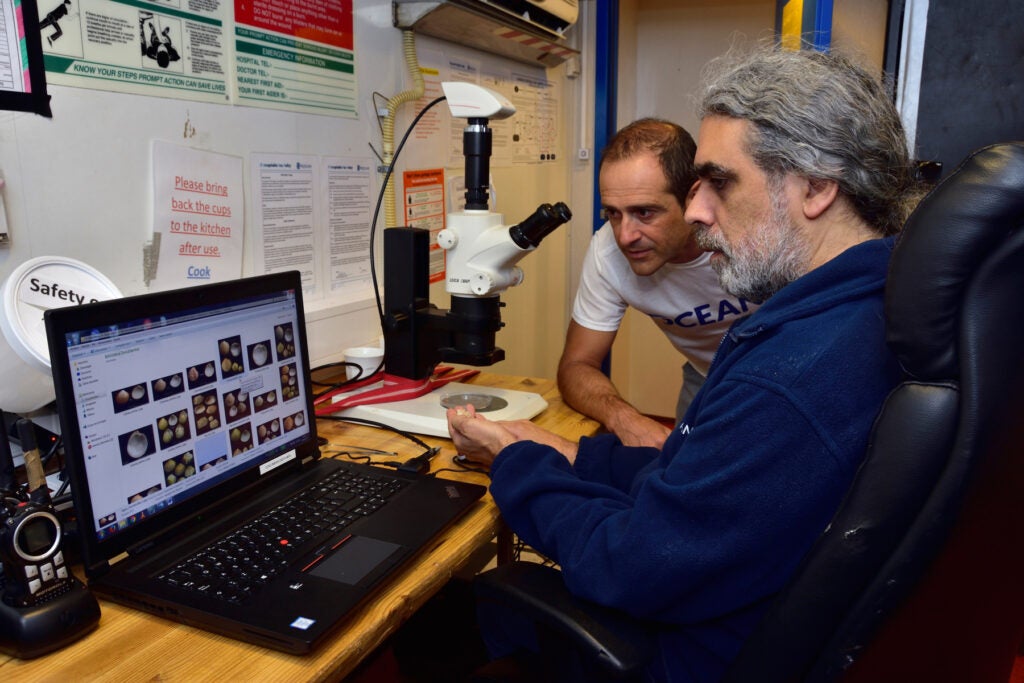
A day in the life on an oceana expedition
Expedition days run 24/7. “Before we set sail, we ensure everything is in working order. The engines, radios, safety equipment. Once underway, the team operates in shifts: four hours on watch, eight hours off. During the night, identifying vessels by their lights and mapping the seabed are crucial tasks,” he explains.
Preparation is key, but unpredictability is part of the job. “You can’t predict the weather, and bad conditions mean you’re stuck riding it out. Even floating debris, like lost containers or fishing nets, can pose serious challenges that can cause damage to the boat. The floating ropes and nets, it is not easy to see them when you are sailing especially at night, it can get tangled in the propellers, you can lose control of the boat if the sea is rough.” Ricardo says.
Life at sea also requires adapting to a simpler way of living. “At sea, the needs are different. You spend months without TV or internet and aren’t worried about what you’re wearing. It helps you realize what truly matters,” Ricardo reflects.
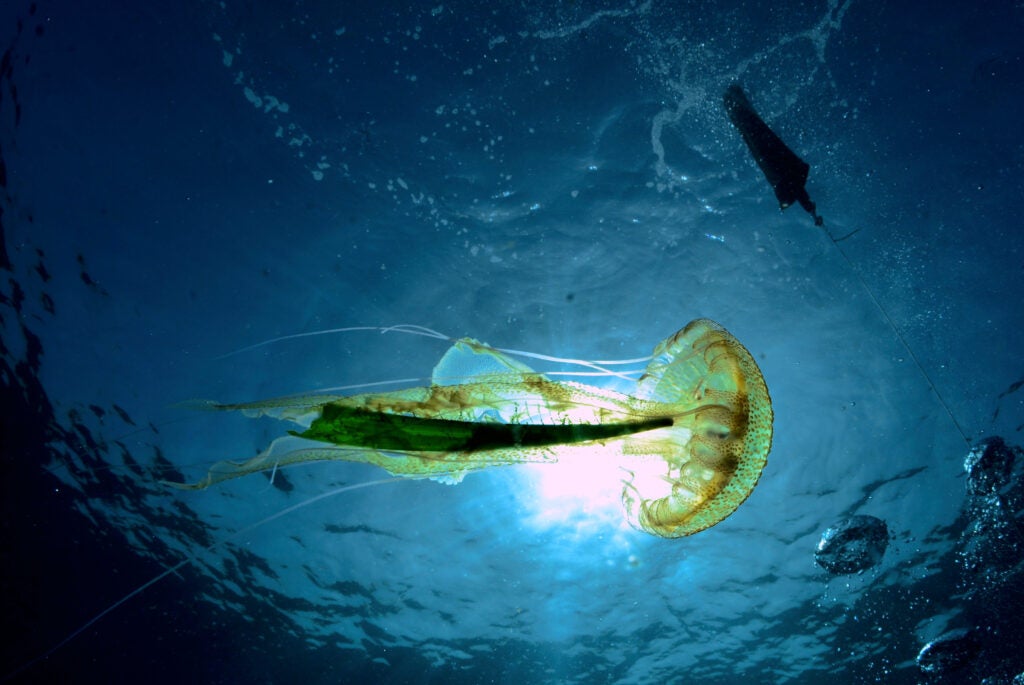
Moments of discovery
Despite the challenges, expeditions offer moments of awe and wonder. “Sometimes we’ll discover species where we didn’t expect them. It’s exciting but also a reminder of climate change’s impact,” he says. Ricardo’s favourite moments include spotting whales or sharks and witnessing bioluminescent algae at night. “Sailing under a full moon feels like gliding along a silver path, and when dolphins join you, it’s magical.” Using ROVs to explore the deep sea offers a different thrill. “You’re the first human to see what’s down there. It’s like uncovering a hidden world”.
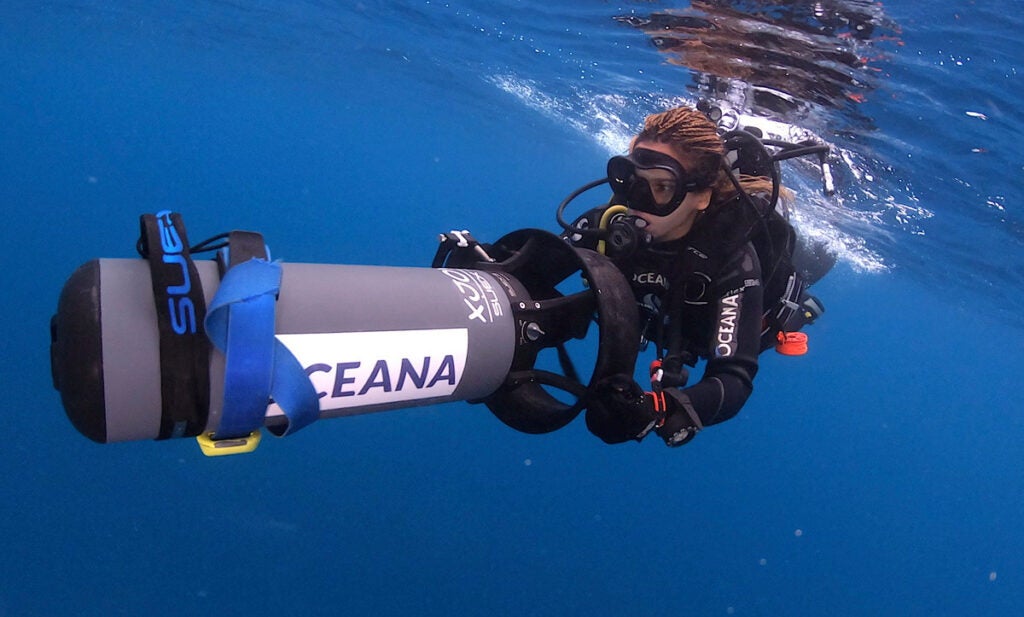
Turning data into action
The data collected on expeditions fuels Oceana’s conservation campaigns. “We gather evidence to show governments and industries what’s really happening in the ocean,” Ricardo explains. “Companies might downplay environmental impacts, but we’ve documented reefs, biodiversity, and the damage caused by trawlers. Our findings often counter their claims and show what they’re hiding.”
By presenting this evidence, Oceana pushes for protections, from creating marine reserves to preventing destructive activities like oil exploration. “Without this data, it’s out of sight, out of mind for most people. Our expeditions bring the ocean’s reality to light,” he says.
The heart of the mission
When asked what he hopes people take away from Oceana’s work, Ricardo’s answer is simple: awareness and action. “Governments often say they can’t protect what they don’t know. Our expeditions fill that gap, providing the knowledge needed to safeguard these ecosystems. There’s so much life beneath the waves that most people never see. If they understood its beauty and importance, they’d be inspired to protect it.”
For Ricardo, it’s the less celebrated aspects of marine life like the soft corals, seagrass, the intricate web of smaller organisms, that captivate him most.
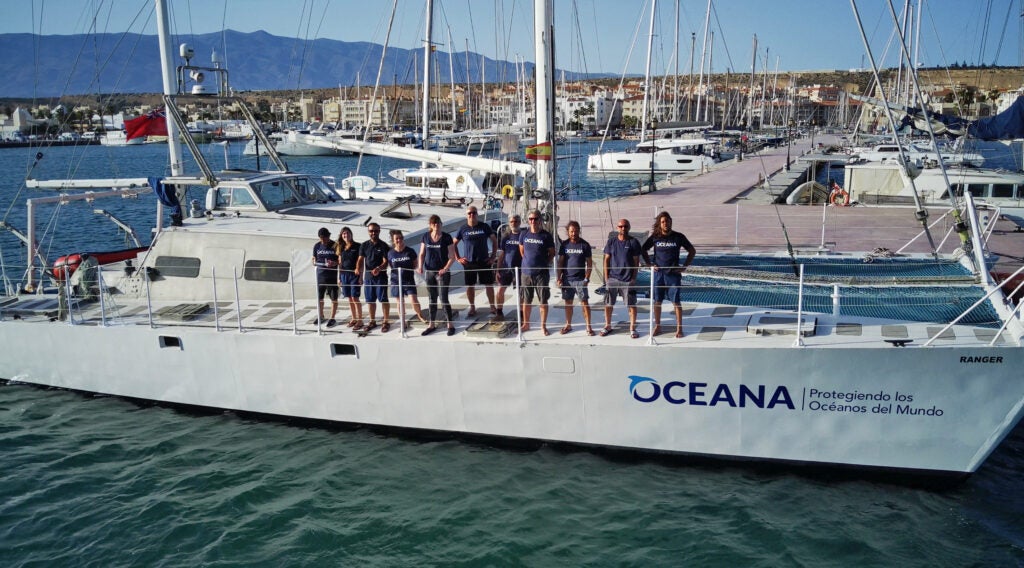
Between land and sea
Finally, we asked Ricardo if he prefers life on land or at sea. He laughs. “I love being at sea, but I miss just going for a walk in the forest or in the street. At sea, you realize what truly matters. When you return to land, it takes a few days to adjust. But the rhythm of the ocean stays with you.”
With people like Ricardo at the helm, Oceana’s expeditions continue to shine a light on the ocean’s mysteries, ensuring its treasures are protected for generations to come.

